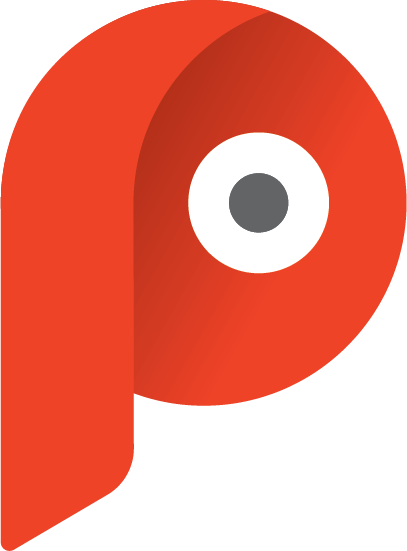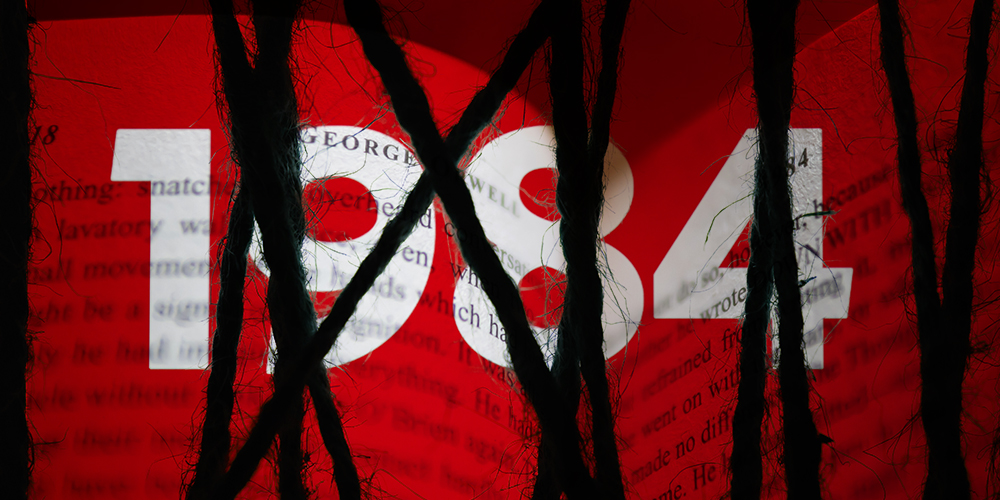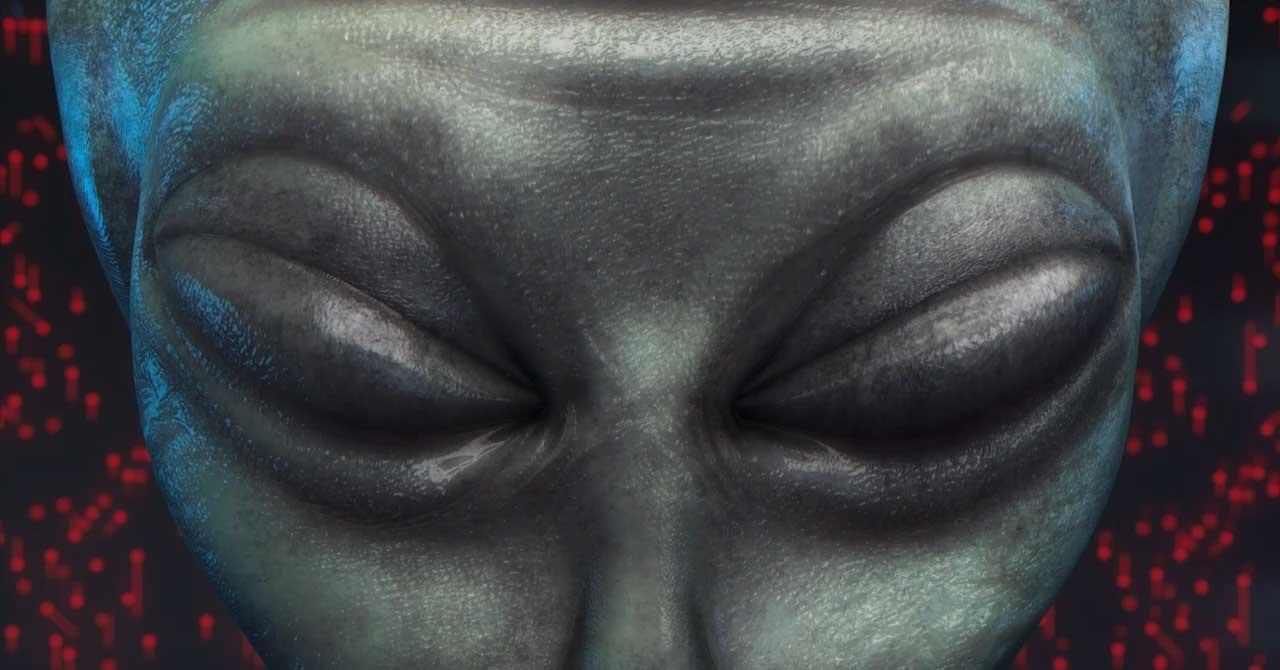In our video, when we called our fictional voice assistant “Orwell,” we knew the choice might strike some as overly obvious.
After all, the adjective “Orwellian” has become a cliché in the world of tech writing. It’s the automatic go-to descriptor for anyone writing about our loss of data privacy and our growing culture of mass surveillance. “Big Brother Really Is Watching You,” reads one headline. “1984 is already here,” reads another.
But, there are two kinds of clichés. Some are so banal and familiar they have effectively become meaningless. Other clichés, however, take root simply because they are inescapably apt.
If “Orwellian” is a cliché, it’s because Orwell was right. He may have written Nineteen Eighty-Four in the 1940s, but he saw this coming.
And, here are five quotes from the novel to prove it.
You had to live—did live, from habit that became instinct—in the assumption that every sound you made was overheard, and, except in darkness, every movement scrutinized. (Part 1, Chapter 1)
In the age of Alexa and “hey, Google,” millions of families have welcomed internet-connected, always-on microphones into their family rooms, kitchens—and even their bathrooms and bedrooms. When we leave our homes, security cameras peer impassively down upon us as we walk along the street. Face-recognition trackers scan our features at airports or stadiums, and compare them against a massive database of undesirables.
Orwell’s only mistake with this one is he didn’t foresee night-vision cameras.
Doublethink means the power of holding two contradictory beliefs in one’s mind simultaneously, and accepting both of them. (Part 2, Chapter 9)
We know we’re being watched. We know the authorities harvest reams of metadata from our cell phones and online activity. But we also think, “They’re looking for criminals and terrorists, so it has nothing to do with me.”
We search with Google, shop with Amazon, socialize through Facebook, and are subsequently targeted by ads aimed precisely at our demographics and personal preferences. But we think, “Advertising influences other people, not me.”
The choice for mankind lies between freedom and happiness and for the great bulk of mankind, happiness is better. (Part 3, Chapter 3)
In the novel, the rulers of Oceana present this clear, but utterly false, dilemma. You can be either free or happy, the Party suggests, but not both free and happy. By phrasing the choice as either/or, they pretend this third option doesn’t exist.
These days, big tech companies present us with a similarly false dilemma. The choice for consumers lies between privacy and convenience, they imply, and for the great bulk of consumers, convenience is better.
Corporations allow human contractors to listen to conversations captured by our voice assistants, but they have to do this, they say, in order to improve the accuracy of their speech recognition. They track our online activity, but they do this, they say, in order to serve us advertising that better matches our needs and interests.
I don’t know about you, but I’d rather go with option #3: privacy and convenience.
We know that no one ever seizes power with the intention of relinquishing it. (Part 3, Chapter 3)
Tech megacorporations have interwoven themselves into our lives, and feast upon our personal data. Slowly, belatedly, public officials are beginning to take note. A few jurisdictions have started to craft digital privacy regulations. Some of the corporations themselves are now joining the call for better laws. By co-opting the conversation, however, you better believe they’re also going to be protecting their own interests.
He thought of the telescreen with its never-sleeping ear. They could spy upon you night and day, but if you kept your head you could still outwit them. (Part 2, Chapter 7)
Okay, this one is easy. You say you don’t want to live with a “never-sleeping ear”? You love your voice assistant, but worry that it might be listening too intimately? Then, “Get Paranoid,” and put “Orwell” in his place.


